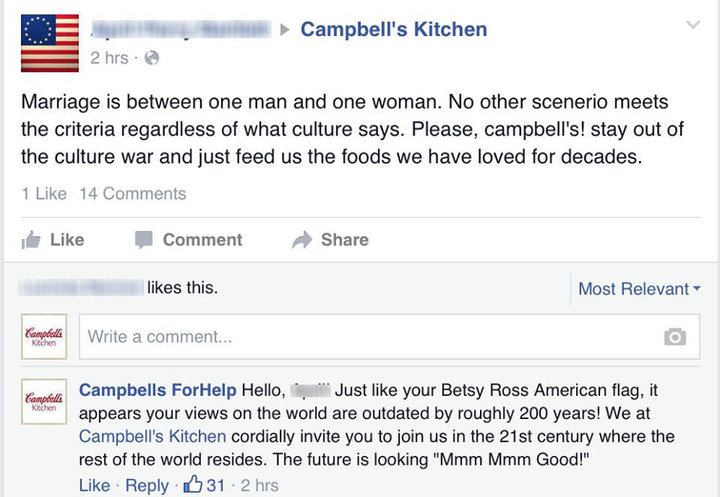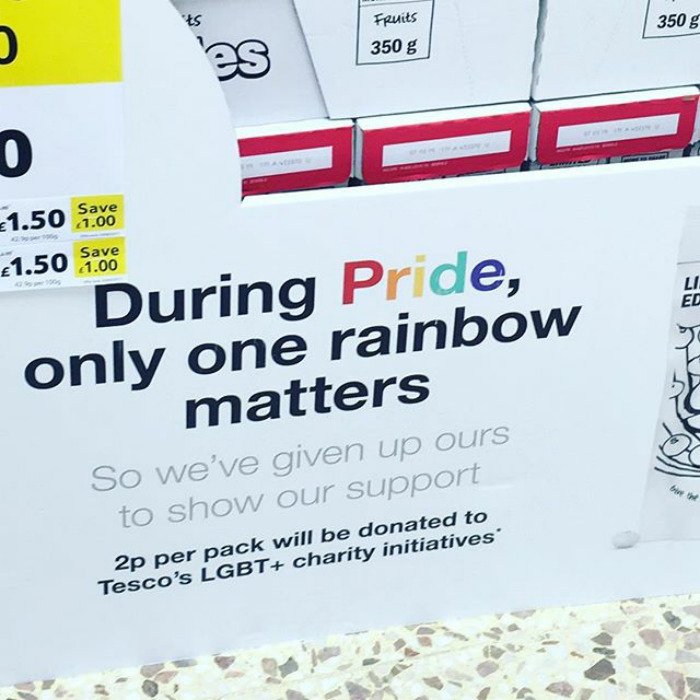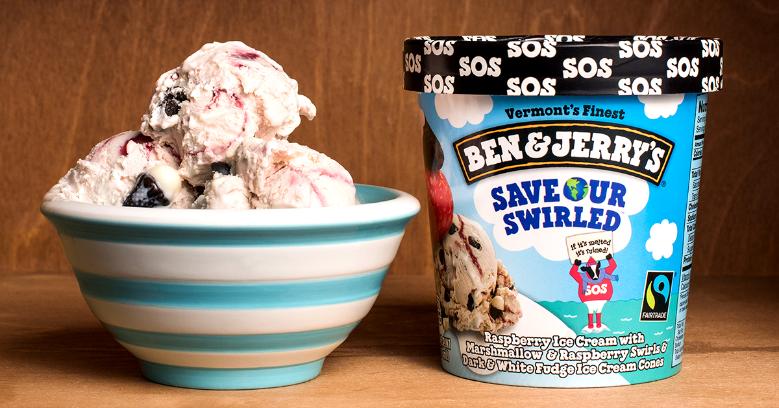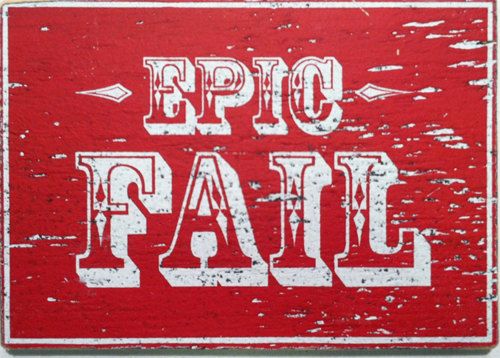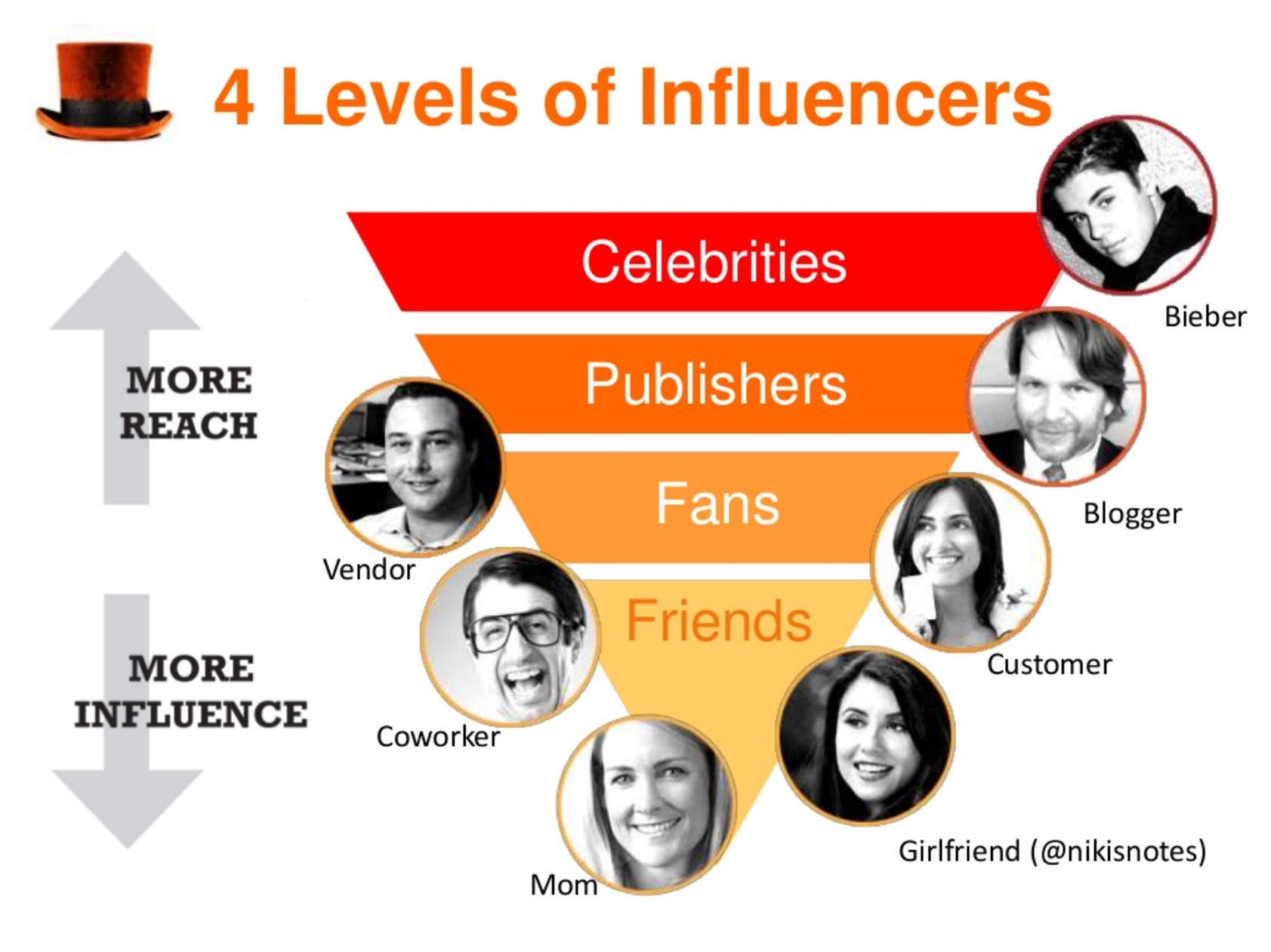Social media is an increasingly political space, with Twitter a key player in the American 2016 election and still in the current political climate. Social media platforms are a key source of mass communication, and political events, ideas, protests and petitions are frequently shared across different channels.
Given that it is vital brands share this online space, businesses are being drawn into conflicts and issues that they may have previously sidestepped. Further, being viewed as an ethical brand has become more vital in recent years, seen from campaigns such as #StopFundingHate – an ongoing campaign with the aim to encourage brands to pull advertising from papers viewed as unethical and biased. Some brands focus on humanitarian and environmental issues, however there is increasingly an expectation for an all round ethical identity and political stance along with this. As long as a strong presence and voice is expected on social media, and a dialogue encouraged with customers, it will be hard for brands not to be pulled into political debate.
When even inaction is viewed as a political move, how can brands get it right? To try and answer this, we explore some examples of brands handling political and social issues in their marketing and on social media.
Campbell’s showed support for same-sex couple families with an advert featuring two dads in a happy dinner scene, where they encourage their son to eat with Star Wars impressions. It is an endearing advert that challenges expectations surrounding gender, men, fatherhood and families – all while involving Chewbacca impressions. It features the hashtag #RealRealLife, with the aim to promote modern day family life.
While the advert did get negative feedback, it received a lot more support with users responding to negative feedback themselves (saving their customer service some trouble). A Facebook account called Campbell’s ForHelp was even created by Mike Melgaard, who took it upon himself to respond to insensitive comments – as he has done previously for Doritos and Target. His fake account names are similar to those of the brands he defends, which in itself can cause difficulty and confusion for a brand’s customer service team – however overall his funny replies caused the advert to be promoted further across social media. All this inspired organically due to the message behind the advert.
Skittles is another interesting example to examine in terms of their social media strategy on political issues. In 2016 they distanced themselves from the Trump campaign when Trump JR used them in an analogy for immigration, however in 2017 they have again joined very clearly with Pride by removing the colours from their packaging and sweets. Some have argued over the effectiveness of this show of support, however the slogan is that for Pride “only one rainbow matters” and further, they are donating 2p per pack to LGBT+ support charities.
The difference between the first example and the second is that in the first they were being dragged into a political issue, in the second they were choosing to engage with and support an issue of their choosing. In the instance with Trump JR, Skittles did not use the mention for PR purposes – and this worked well for their brand PR. They came across as the bigger “person” and were not embroiled in the scandal associated with the tweet. For the second they are choosing, as increasingly brands are being expected to do, to use their power on the global stage to support social issues, in this instance LGBTQ rights and the fight for equality. The second was a carefully thought-out campaign and message. For brands it is always important to plan in detail your marketing approach when dealing with a sensitive issue, and consult with experts on the best way to deal with it. Using a social movement for advertising gains, as Pepsi appeared to do in their 2017 Kendall Jenner advert, will at best result in online ridicule.
Further, when it comes to tackling social issues, it is best to focus on issues that relate to your brand’s niche. Campbell’s campaign worked as it fit within their brand image, i.e. family life and family meals together. Think, is it a point your brand can legitimately raise? As with all things social media, authenticity is key. For instance, Ariel successfully tackled the issue of women and household chores in their marketing campaign #ShareTheLoad. Clearly this fits within their brand’s area, while also being a key issue for their marketing demographic.
The advert shows a father watching his daughter care for her son and husband after work, and lament that neither have been taught to challenge gender roles within the home. His voiceover is a letter of apology, and the advert ends with him returning home to help his wife with the laundry – who in turn helps him use the washing machine. It is a sweet, touching advert with a clear call to action: Dads, share the load. The campaign was awarded “Campaign of the Year” at the 2016 M&M Global Awards and received a lot of positive feedback with people promising to “share the load”. The aim of the campaign was to launch Ariel Matic in the Indian Subcontinent, including India, Pakistan, Bangladesh and Sri Lanka, but the content ended up going viral in 22 countries in 16 languages. Ariel used the content as far afield as Germany, Portugal and Spain. This shows how effective a campaign that captures people’s attention and emotions can be, when it is done well.
Another brand focusing on an environmental, and also political, issue is Ben and Jerry’s Save our Swirled campaign against global warming. In their post about the campaign they describe themselves as “a company with a passion for social justice”. They even created a flavour just for the cause, called Save Our Swirled, which “If it’s melted, it’s ruined!” With this slogan, they are bringing the issue inline with their brand’s area of interest. Ben and Jerry’s uses the flavour to raise awareness, and also encourages protesting and signing petitions, and further tries to remain an environmentally friendly brand as far as possible.
There is debate about where brands stand in terms of having a political voice. Some view them as needing to be neutral, as people of differing opinions will invariably be their customers, and others view them as vital in terms of protesting. After all, brands are made up of people, all of whom will have political opinions. According to Simon Mainwaring, author of We First, the private sector can be “the third pillar of social change to help out government and philanthropy”, and further that “one of the most powerful ways to be meaningful to your customers’ lives is to demonstrate a concern for something greater than yourself”. However, according to a survey by the 4A’s and research partner SSRS, “consumers are not looking to brands to take a position on political or social issues. In fact, there’s typically more risk than benefit”. In the survey, 72% of respondents were “not at all likely” to purchase from a brand that they considered racist. 50% said the same of brands deemed anti LGBTQ. However, positive associations did not have as big an impact as negative. Just 25% of respondents said they were “very likely” to purchase from a pro-LGBTQ brand and 21% for a brand deemed “inclusive”. As this study shows, brands have to weigh up the risks when it comes to political messages. For most the goal will invariably be to appear neutral, or at least not be associated with negative press, more than to engage positively with political protest. That said, when it is done well, as in the examples above, it can create a meaningful campaign and draw in loyal customers.
With the current use of social media for debate, it is inevitable that brands will be pulled into politics, however as a brand you can choose when and where to engage. It is important to plan your response carefully and sensitively. Examine different sides of the issue and consult with experts. As Campbell’s campaign shows, if it is a matter of opinion then it is far more effective to stand by your message. While there is always the risk of alienating some potential customers, sticking to your point and doing something a little more risky will gain more respect and loyalty for your brand.
In the modern age brands need to remember, with great power comes great responsibility.
Cover image:Walid Berrazeg
This post is also available in: Italian

